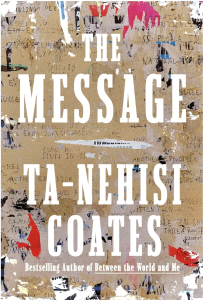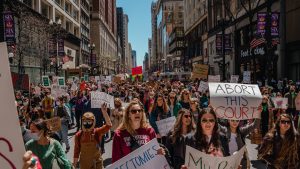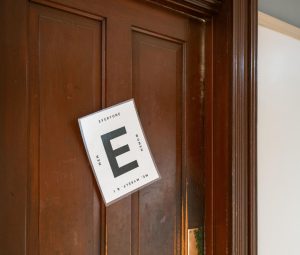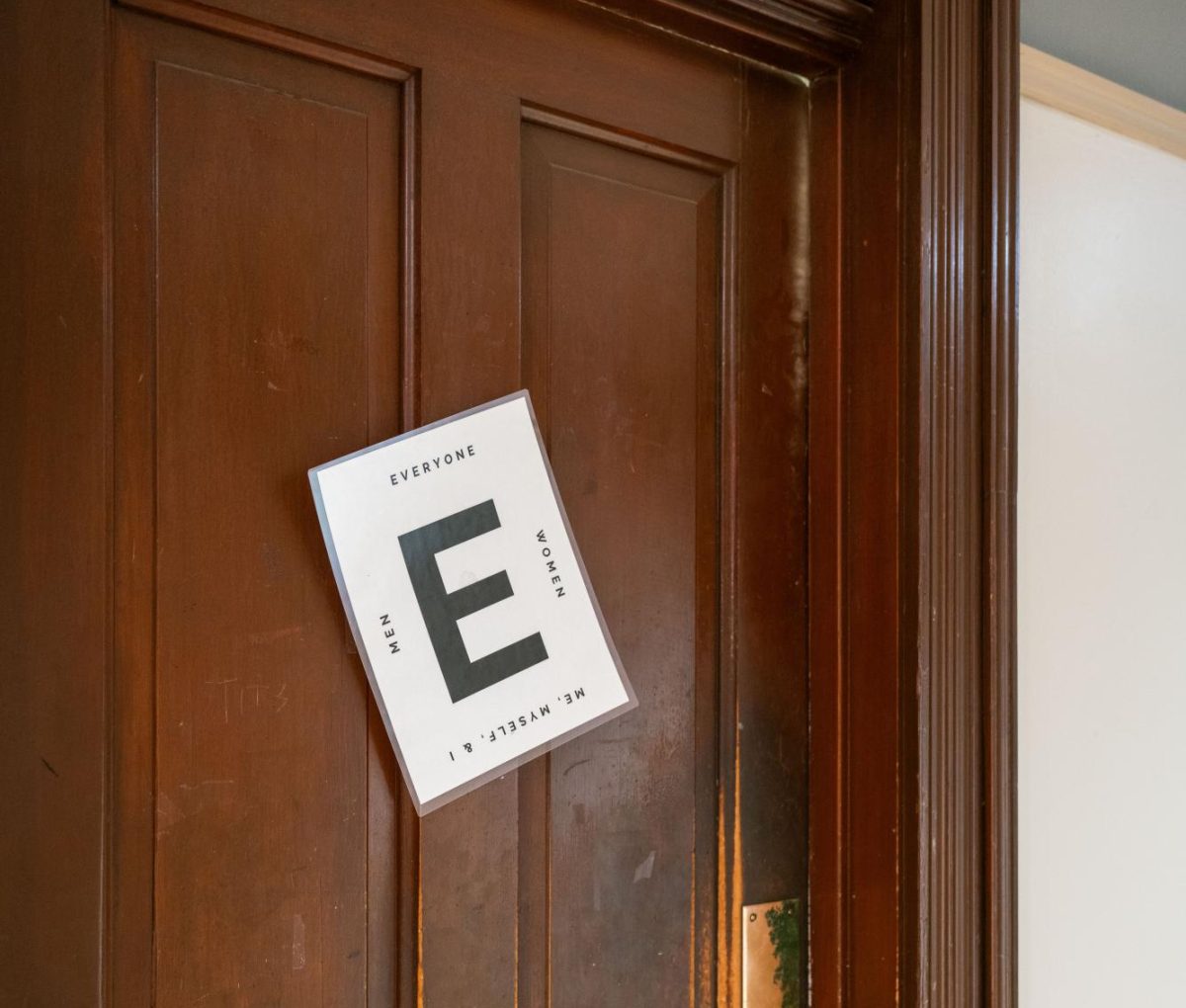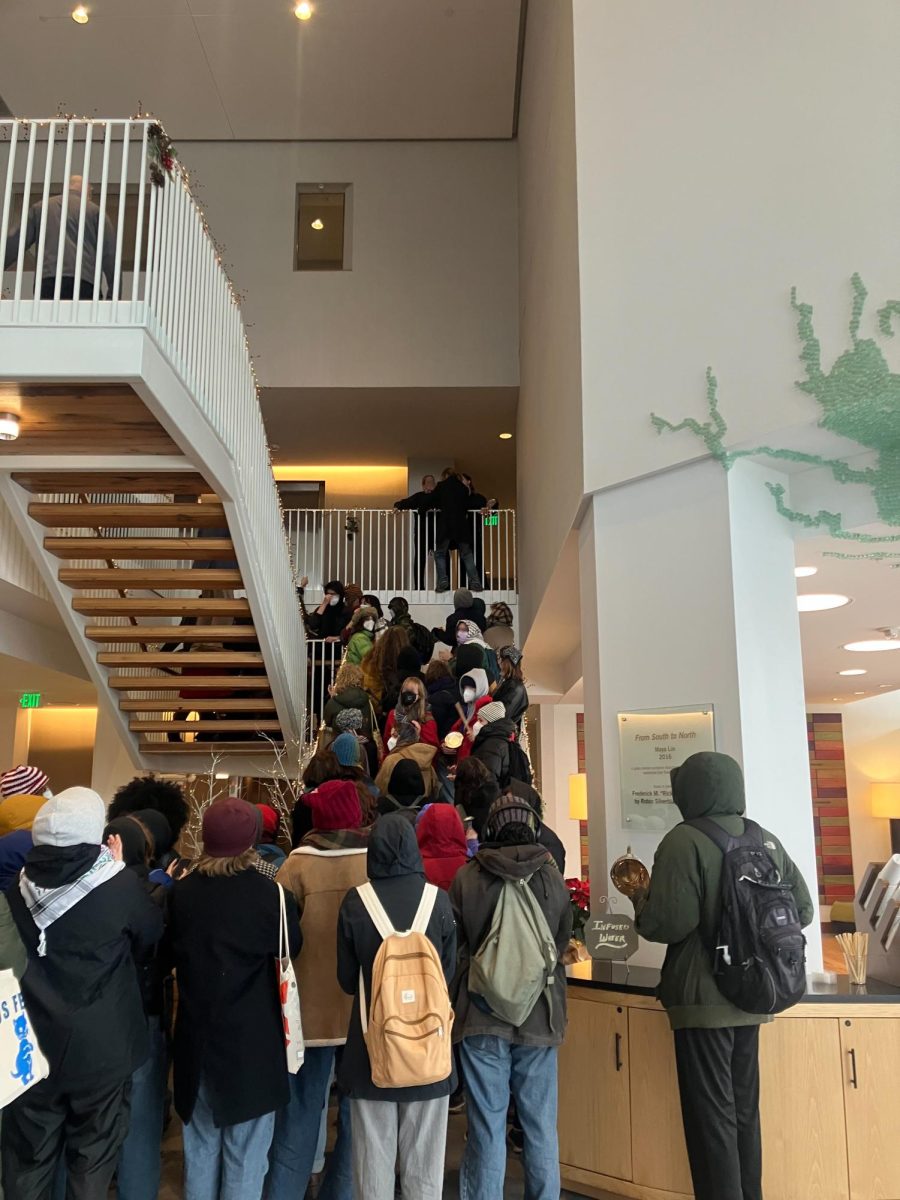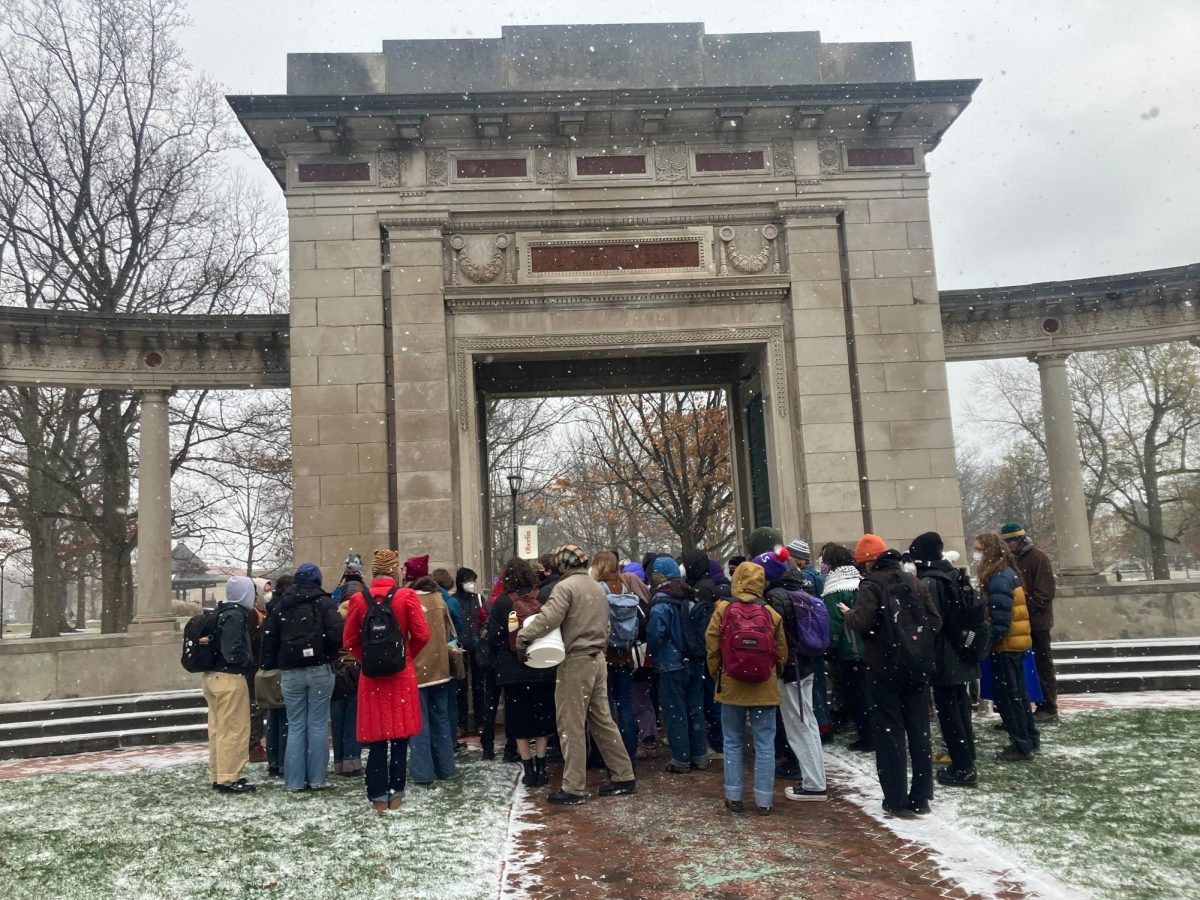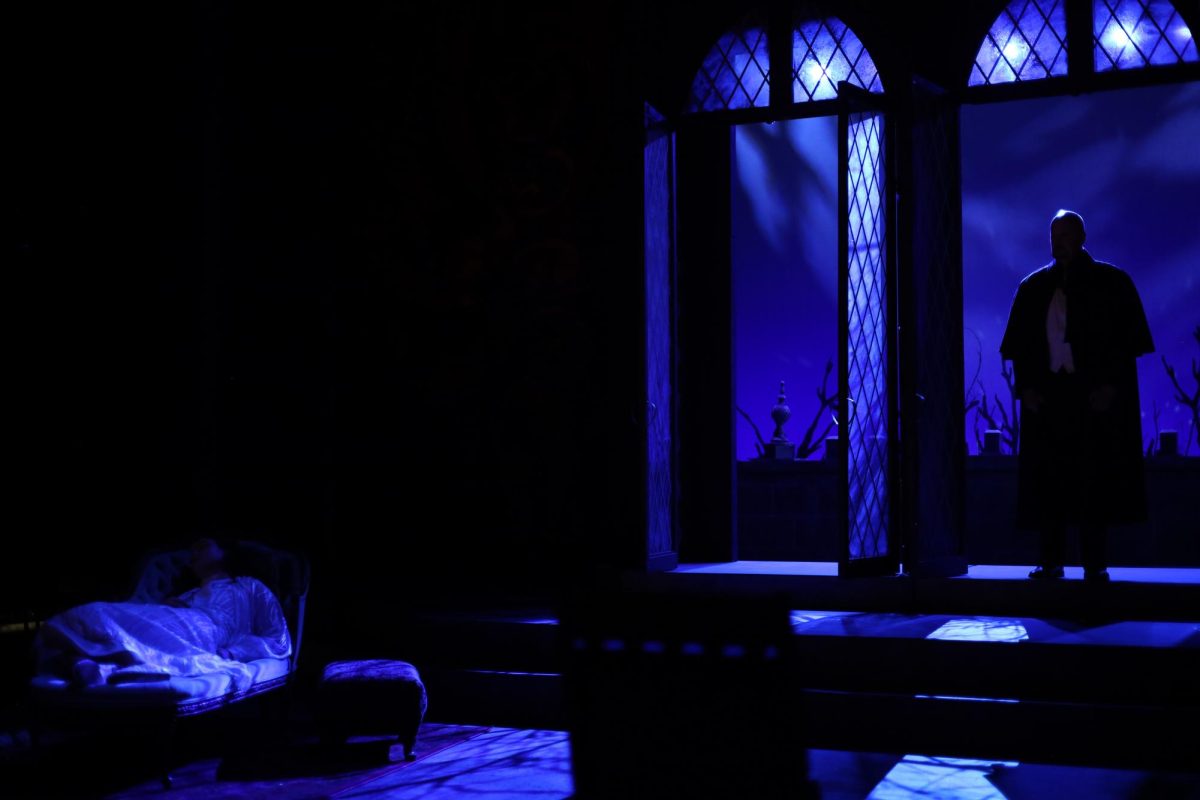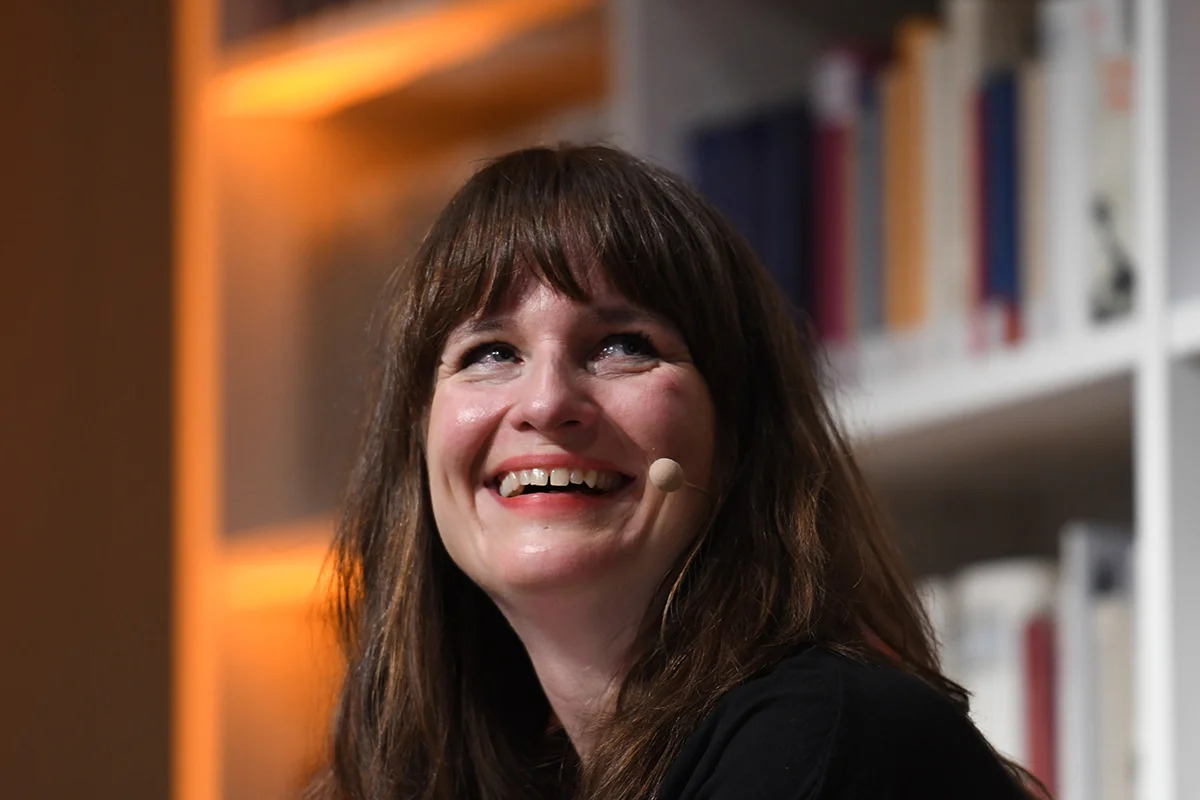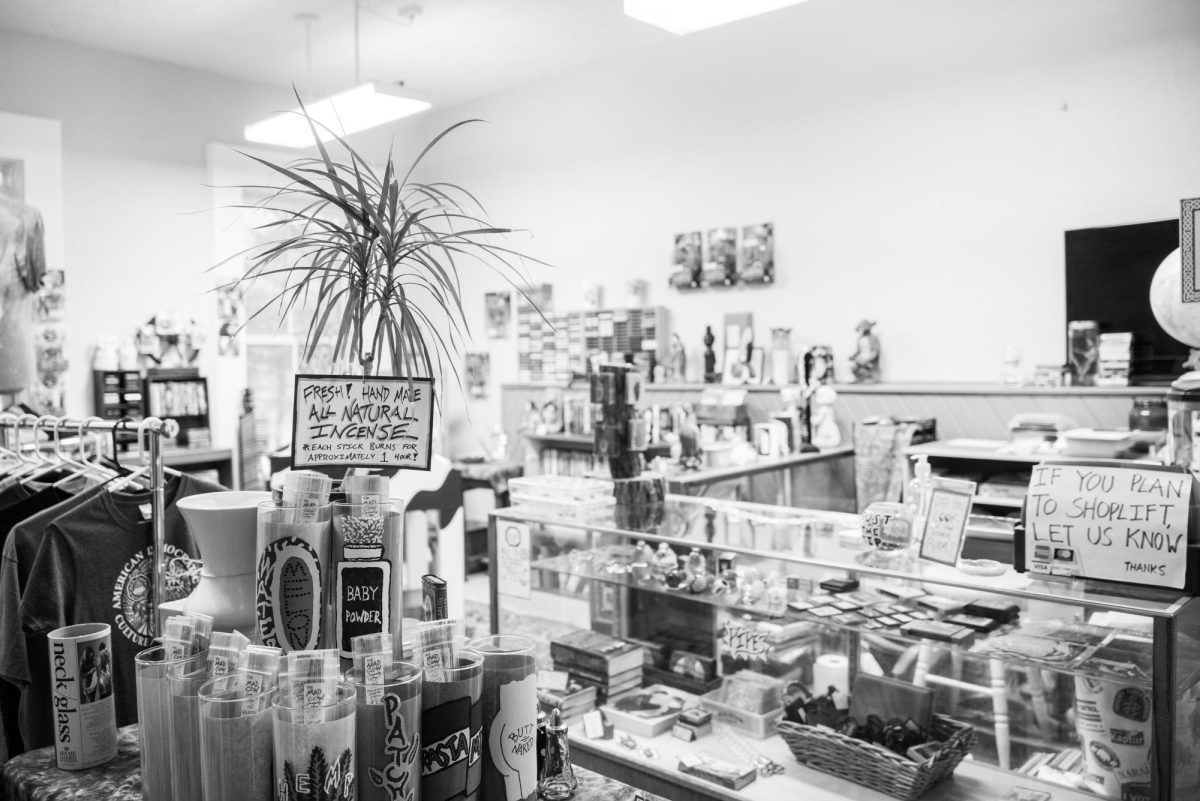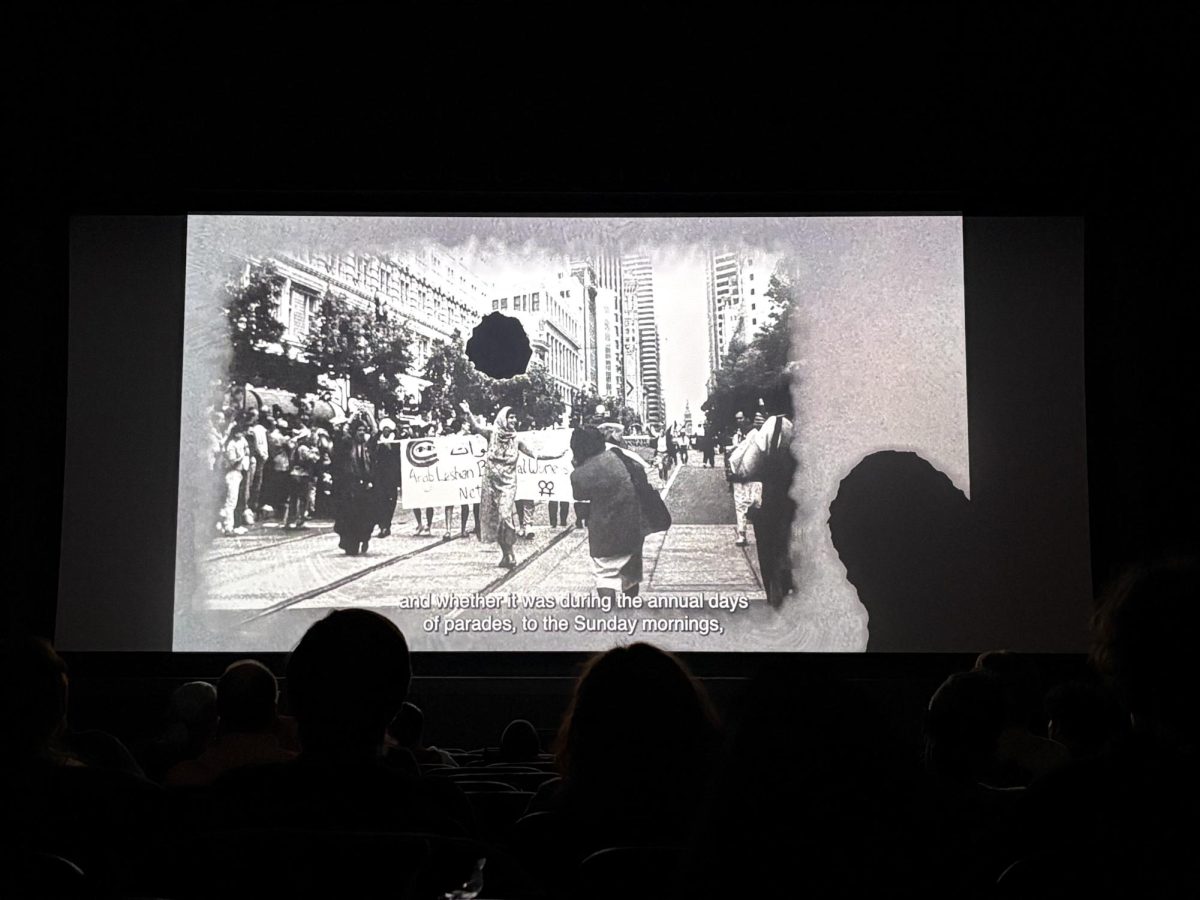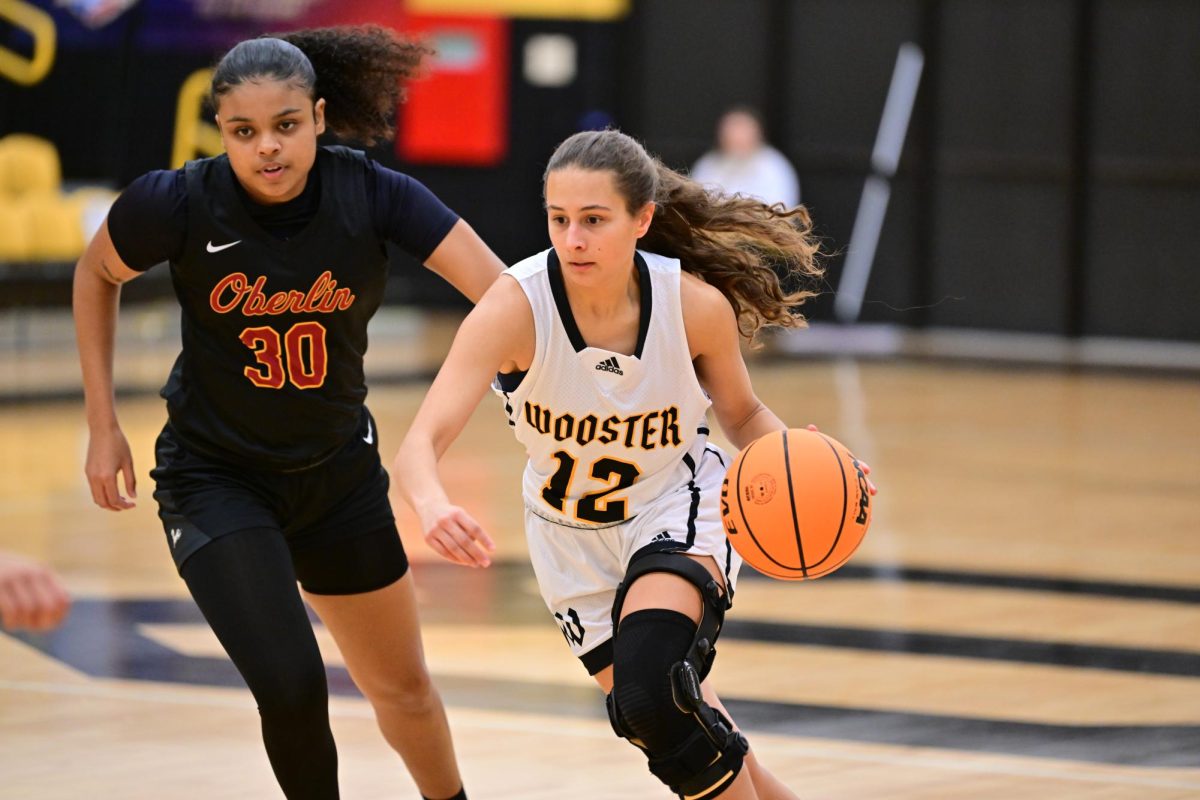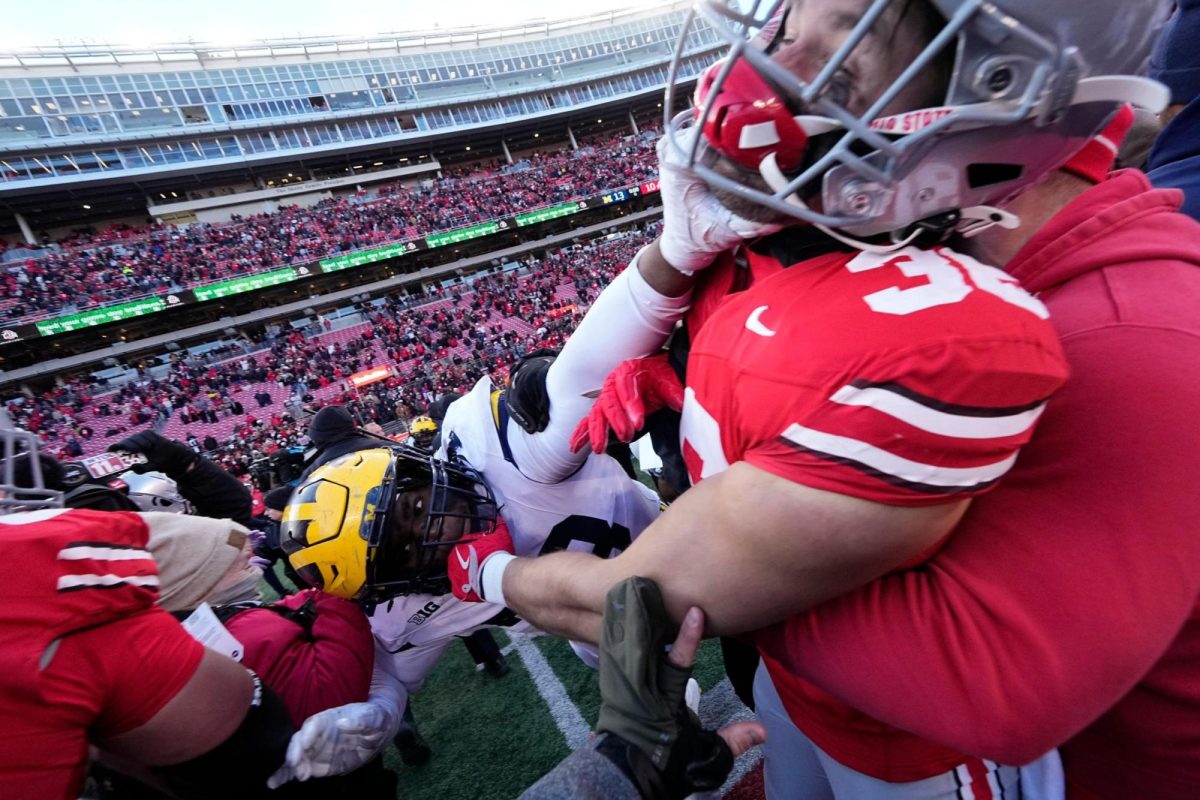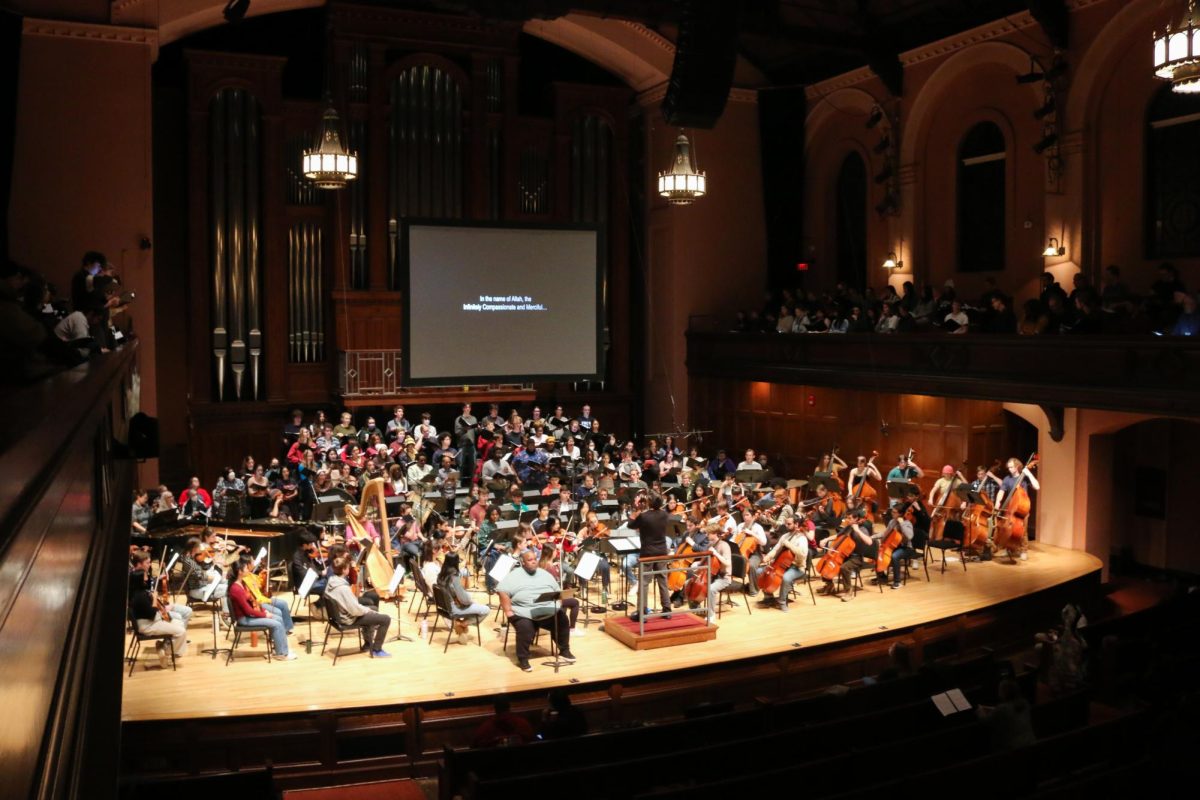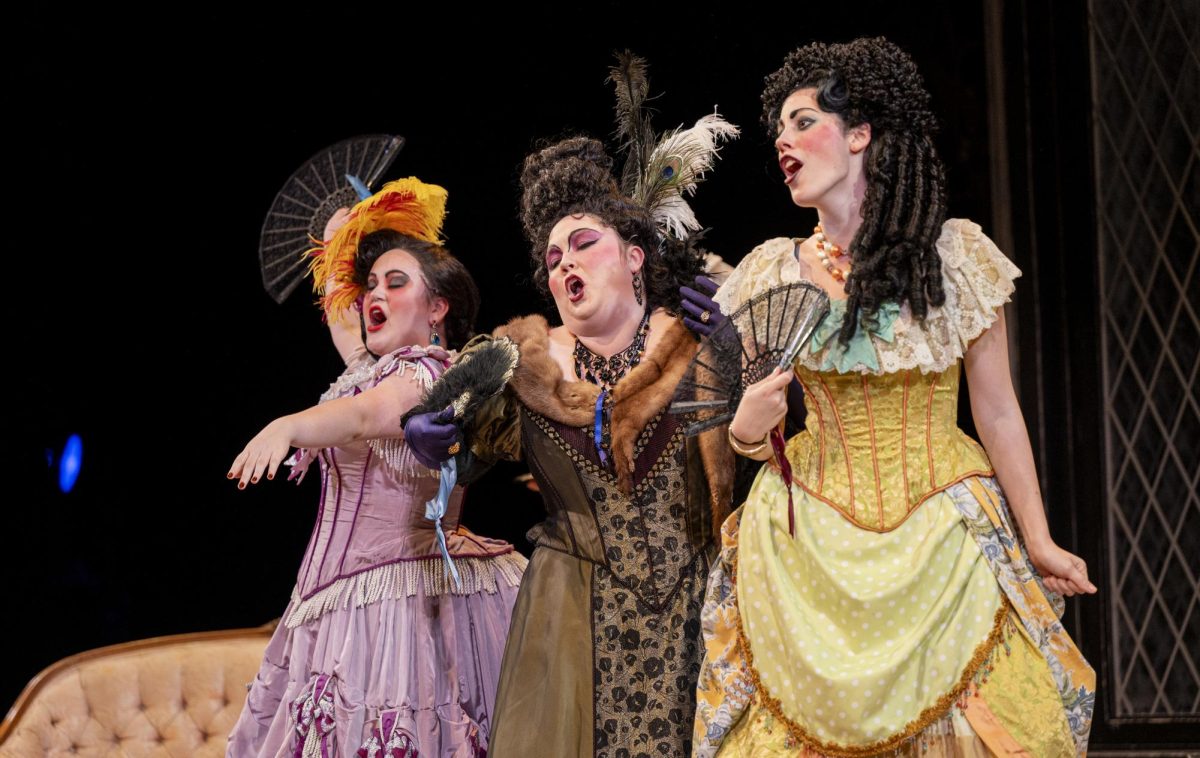OPD Offers Class to Educate Residents on Police Tactics
March 13, 2015
The Oberlin Police Department is currently accepting applications for this year’s Citizens Police Academy — a free 10-week program open to those interested in police procedures who also pass the required background check. The academy offers field trips, demonstrations and classes on topics ranging from detective work to canine teams to the 911 call center.
“We’re not training people to be police officers,” Lt. Mike McCloskey said. “We’re trying to give them a taste of what the job entails. Maybe gain a little mutual respect. It’s an opportunity to meet all the officers … in a less formal environment.”
McCloskey, like most officers in the OPD, is an instructor in the program and teaches the class on the use of force. In this class, students use a training simulator that produces scenarios where students are required to quickly decide when and how much force to use.
“We give them a feel that making these decisions is sometimes difficult,” said McCloskey. “You have to react in a split second, so it gives a little taste what the officers have to deal with.”
Oberlin Police Chief Tom Miller said he hopes the program will better educate the public about the responsibilities and decisions that make up police work.
However, so far only two people have signed up for the program — far less than the 10 to 12 participants the department needs to make the program viable, according to Miller. The department offers the Citizens Police Academy about every other year, but the program hasn’t run since 2011 due to a lack of community interest. Miller said the department will make the decision whether or not to run the program by next week — about a week before Tuesday, March 24, the proposed start date.
Miller said he is surprised the academy hasn’t garnered more interest this year, given the current national conversation relating to police practices spurred by the deaths of Eric Garner and Mike Brown.
“I think with a lot of the national issues going on now, we thought this would be a good time to [run this class] if people had questions about police procedures,” he said.
Renee Romano, professor of History, Africana Studies and Comparative American Studies and panelist at the Faculty and Student Teach-In on Ferguson last semester, said this program is one of many Citizens Police Academies which have been offered around the nation for years. Romano feels these programs are clearly meant to promote police interests, but also offer insights into law enforcement perspectives for people challenging these institutions.
“My sense is what it might be effective at doing is giving people a sense of the police perspective on issues,” Romano said. “Now, if you can take that perspective, think about it deeply and critically, engage with it and then critique it, then it’s useful. I do think conversations between critiques of the police and policing, and police officers and their perspectives on issues, is actually important if we’re going to forge any kind of meaningful changes to practices.”
The Citizens Police Academy is one of several efforts that the Oberlin Police Department is making to engage with the community. Last November, officers began holding Coffee with a Cop on the first Friday of every month. Coffee with a Cop, a program started by the Hawthorne Police Department near Los Angeles in 2011 that quickly spread across the country, is a chance for members of the community to ask officers questions in an informal setting, according to Miller.
“We try to reach out to the community the best we can,” he said.


